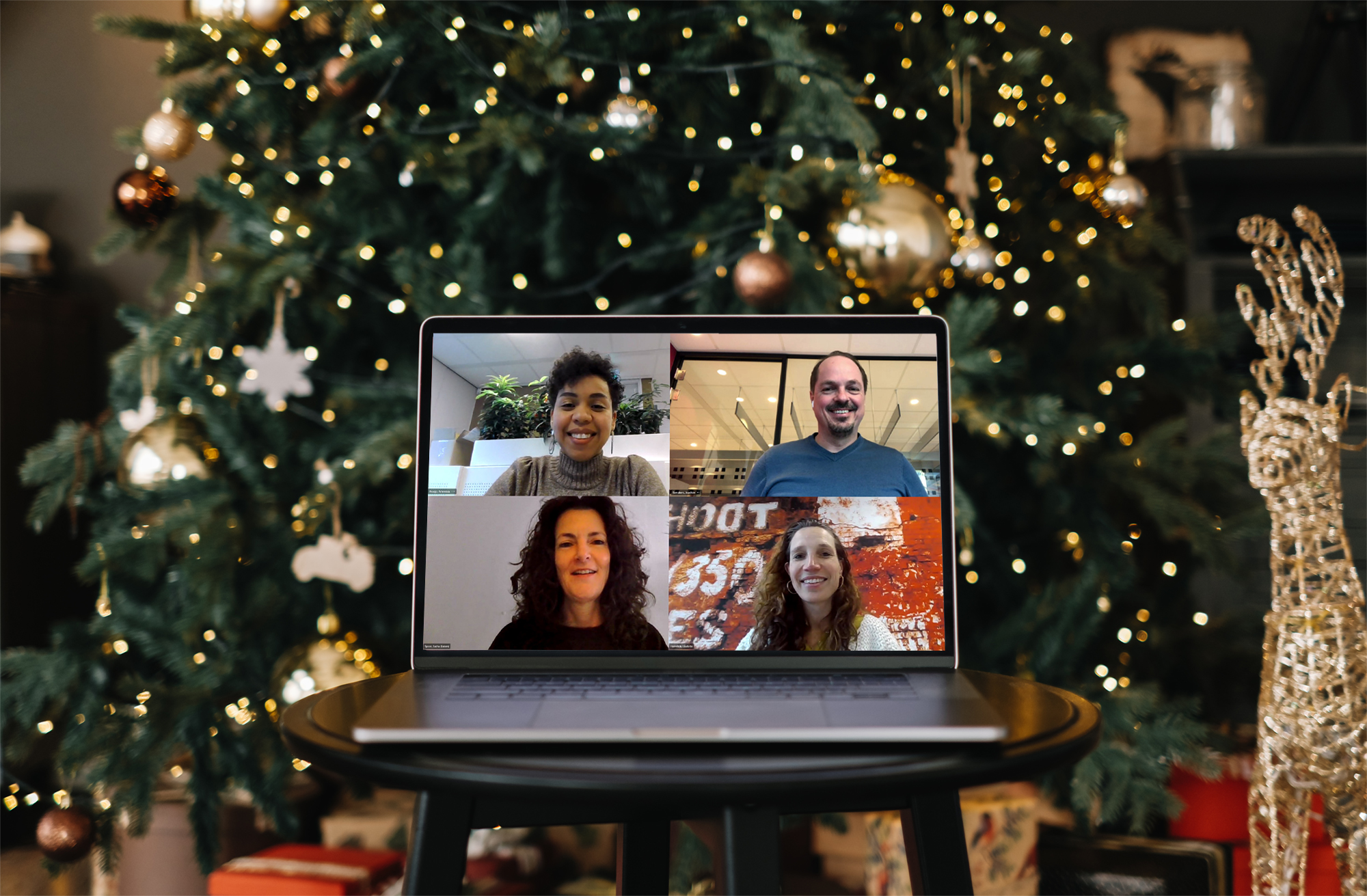
Reading time 5 minutes
Integrity: hearing, seeing, talking and learning
Never before has integrity been in the spotlight as much as in recent times. There are more and more reports of transgressive behavior in the media, sports and politics. How do we ensure a safe working climate within the Red Cross? That becomes clear in an interview with Liselotte Hamelink, coordinator Integrity and Complaints, Sacha Spoor, integrity expert and volunteer at the Hotline, and confidential advisors Joachim Ramakers and Artemisia Araújo.
As the Red Cross, we attach great importance to integrity. Perhaps even more so than other organizations. Liselotte Hamelink: "As an organization, we have the trust of the government, of donors, of volunteers, employees and, last but not least, of people seeking help. To be able to continue to live up to this trust, we need a learning and transparent organization, where people dare to address each other and integrity issues are addressed. Where everyone feels heard and seen and reports when something is wrong."
Reporting point indispensable
"Precisely that open culture of calling each other to account is very important," adds Sacha Spoor. As an integrity expert, she helped draw up the new reporting procedures. "Of course a hotline is indispensable. Serious action must be taken when there is talk or suspicion of undesirable behavior, integrity violations or wrongdoing. But precisely in the phase leading up to a report, much can be done to monitor and promote a safe climate. By communicating matters within the team, addressing each other, talking to your supervisor or going to a confidential advisor or human resources. It certainly doesn't always have to come to a report. If it can, have a conversation with each other. Integrity is about dialogue about dilemmas, rules, risks and a safe working environment."
Sacha:
“Integrity is about dialogue about dilemmas, rules, risks and a safe working environment.”
Sparring and advice
Still, reality can be unruly. Brand-new confidant Joachim Ramakers sees that especially people go to a confidant if they do not feel comfortable talking to a supervisor or colleague. "It is important that contact with a confidant is low-threshold. Sometimes people find it nice to talk things out and to spar for a while. We can then give advice. Often this comes down to starting the conversation within the team anyway. There is an external confidential advisor for people who prefer to talk to someone outside the organization. That too contributes to a safe working environment."
Joachim:
“Contact with a confidential adviser must be easily accessible”
Artemisia:
“By listening carefully and advising, we can prevent a case from escalating unnecessarily”
Reporting point for serious matters
Is it necessary to talk to your manager or a confidential adviser first, or can you also immediately report undesirable behaviour, for example? Liselotte: “A safe culture is an open culture where you dare to address each other. Formal structures, such as the Reporting Center for Integrity and Undesirable Behaviour, are there for cases where a conversation is no longer an option. Consider, for example, persistent bullying, sexual harassment, discrimination or when you have strong suspicions of fraud or conflict of interest. You don't deal with that 'just' in a conversation. You can go directly to the Hotline for this.”
Liselotte:
“The Hotline is there for cases where a conversation is not an option”
Sacha: “The Meldpunt has been active since June 2022 and we see that various reports are coming in. That is positive and a sign that people feel safe enough to raise issues. Not everything is part of the Integrity and Undesirable Behavior Reporting Procedure. There are also reports of, for example, dissatisfaction with someone's performance or of situations in which mutual consultation can first take place. If desired, I can guide people in this in my role as coordinator.”
Integrity is not a project
“Integrity and acting ethically is not a project. It belongs to all of us,” concludes Liselotte. “Within all layers of the organization we must build an ethical awareness and, above all, look at ourselves and learn. Are you aware of dilemmas in the help you offer and can you justify the considerations you make for yourself? And do you engage in conversation when necessary? To this end, we organize dilemma workshops that you can do with your team and that help you make good decisions. These are all things that come with it and that we all have to work hard for every day.”
More about integrity and procedures
Professionals, volunteers, help seekers and others can report via meldpunt@redcross.nl. This can be done directly with the Meldpunt and does not have to be done via a manager or confidential advisor. The Hotline consists of three employees. In addition to Liselotte Hamelink, these are currently Jord Ottolander and Carlijn Martens. They advise the management anonymously about a possible fact-finding investigation and the possible appointment of an independent committee of inquiry. Reports are always treated confidentially and objectivity and independence are guarded. Professionals and volunteers can find more information about the Hotline via the Intranet.
For the colleagues of the International department there is a special integrity officer. This officer can be reached at asalazar@reccross.nl.